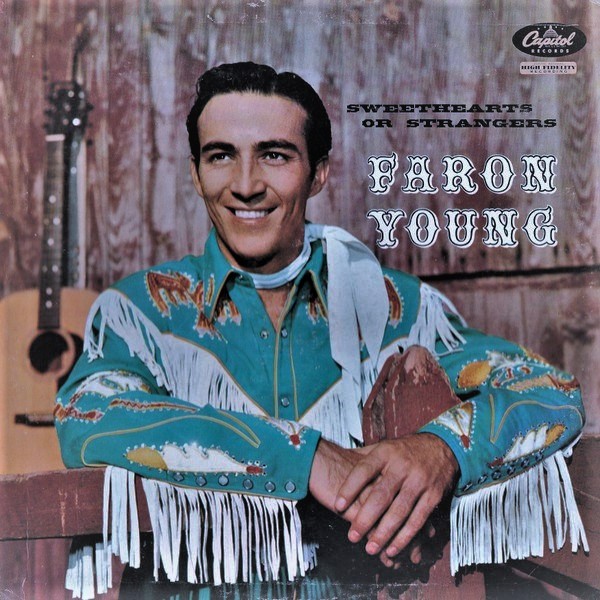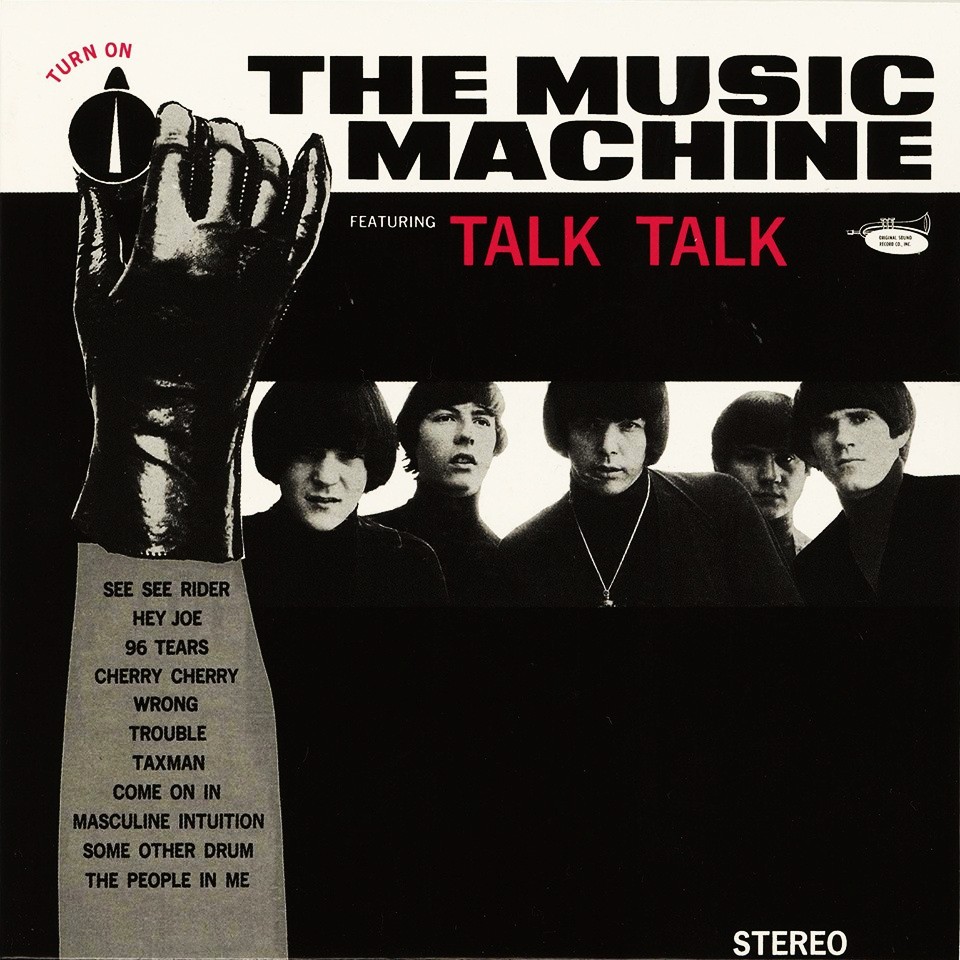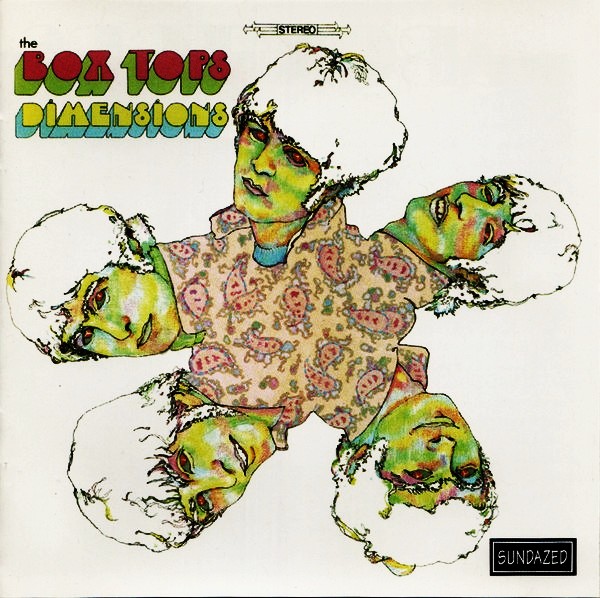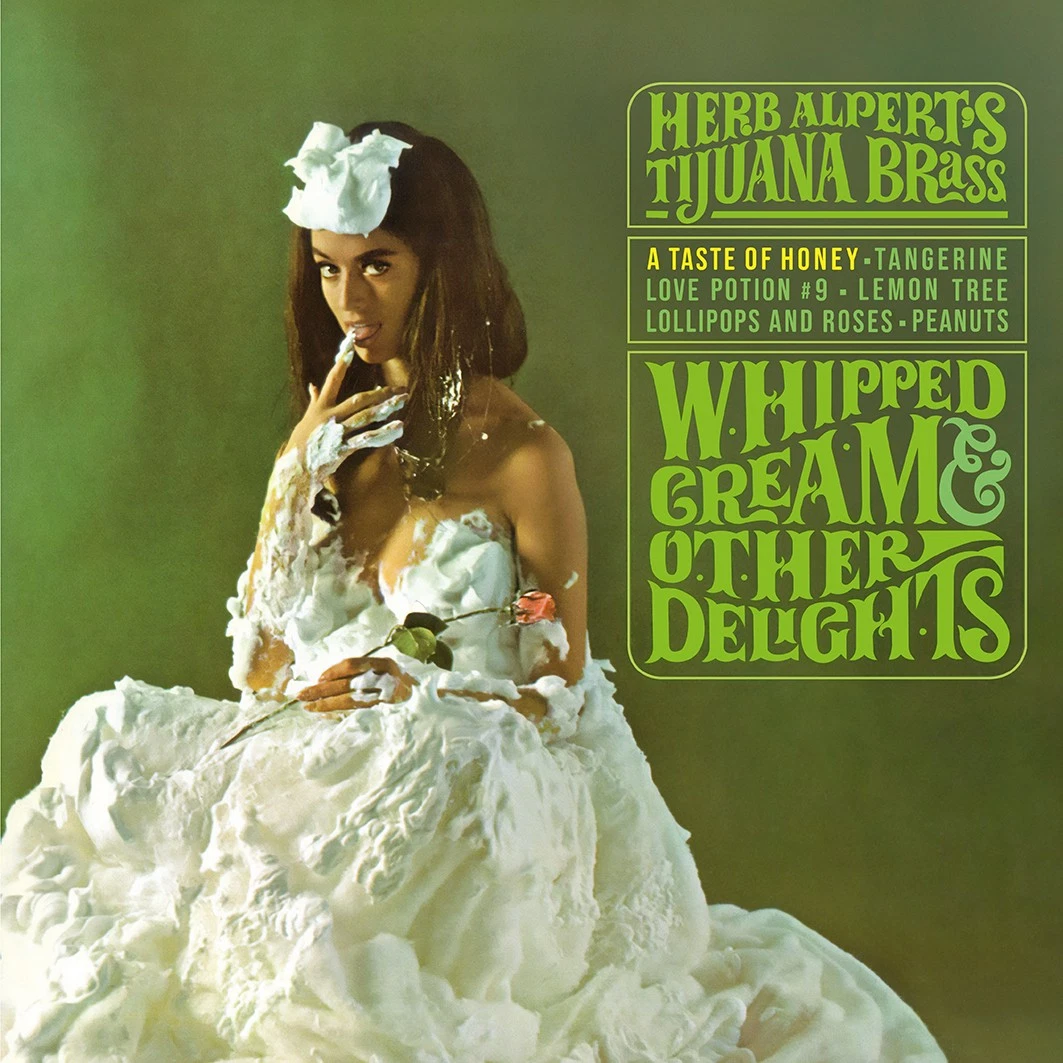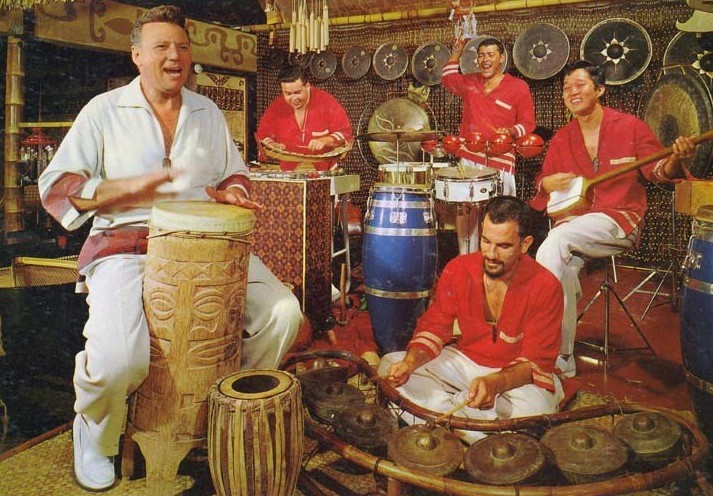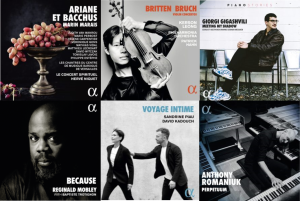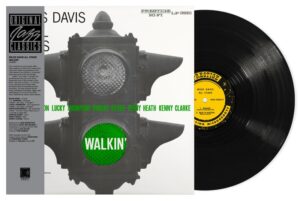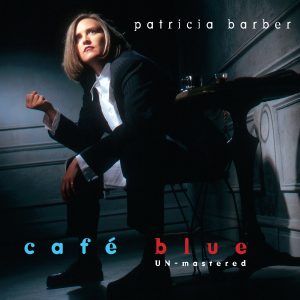There are few if any male rock voices that I find more interesting and pleasing than the one possessed by Alex Chilton (1950-2010) during the sixties. The gritty, soulful, and expressive voice that Chilton used during his tenure with The Box Tops never, to my knowledge, reemerged on recordings after 1970. Rock historians are quick to point out, in a mildly derogatory manner, that The Box Tops' front man was a mere teenager, and that he was instructed how to sing. The other members of The Box Tops were good musicians, but they rarely played their instruments on recordings. In that respect, the band could be compared to The Monkees. However, unlike The Monkees, The Box Tops didn't have a TV show, and they actually performed and toured.
Texturally, Alex Chilton's teenage pipes rivaled the likes of John Lennon, John Mellencamp, Doug Sahm, Joe Cocker, Terry Cath, and Neil Diamond. I guess that would make him an iconic singer, right? To me, the combination of Chilton's gritty voice, the gifted studio musicians who played on The Box Tops' sessions, and those heavenly backup singers, The Sweet Inspirations, created a wickedly good sound. This combo also created one hell of a great album. The album that I'm referring to is the second album by The Box Tops, Cry Like A Baby (Bell 6017/Sundazed SC8159). This underrated classic is a combination of great singing, impeccable musicianship, and potent songwriting. It also sounds excellent, thanks to recording engineer Chips Momen (1937-2016).
The uncredited musicians who played on this album are now called the Memphis Boys, but back in the 60s they were just the 827 Thomas Street Band. These insanely fine musicians cranked out a massive number of hits at the now legendary (and sadly long gone) American Sound Studio. Musician, producer, and recording engineer Momen owned the studio. The studio was located at—you guessed it—827 Thomas Street in Memphis. If the name Chips Momen sounds familiar then you've, no doubt, read about Dusty In Memphis, and, maybe, hopefully, you've heard From Elvis In Memphis. If you're old enough to remember The Box Tops, then you're old enough to know Momen's work. His merry band of musicians cranked out hits for B.J. Thomas, and they backed Elvis on his acclaimed comeback album, while also playing for folks like Neil Diamond, and Petula Clark. And that's just a few. Who among us hasn't heard "Hooked On A Feeling," "Suspicious Minds," or "Sweet Caroline"? The Memphis Boys didn't just back The Box Tops, they essentially were The Box Tops.
The version of this album I am reviewing is the excellent, as in un-messed-with, CD from Sundazed. I used to own an original copy of the LP, but when it became obvious that the CD offered better sound, without the so-so vinyl's surface noise, I got rid of the LP. I also had the album, Non Stop (Bell 6023), which was even noisier.
The musicians who played on this album are guitarist Reggie Young (1936-2019), Spooner Oldham on keyboards, and Gene Chrisman (1945-2023) on drums.Two bass players were involved. One was Mike Leech (1941-2017), who also did the string arrangements. The other bassist was Tommy Cogbil (1932-l982). I'm pretty sure that keyboardists Bobby Emmons (1943-2015) and Bobby Woods are also on the album.
In today's literary world the album Cry Like A Baby would be called a "concept record." In other words, the majority of the cuts have a similar theme, which in this case is heartache. The album could be viewed as a rock and roll answer to albums like Ray Price's Nightlife, Andy Williams' Lonely Street, and Frank Sinatra's In The Wee Small Hours.
From the pens of producer Dan Penn, and musician Spooner Oldham, we get the famous title cut which opens the album. The song, "Cry Like A Baby," opens with Spooner's prominent organ, a snare drum, and Alex's vocals. Noteworthy is Reggie Young's use of the Danelectro electric sitar. Around the same time, probably within days, he used the same instrument to record B.J. Thomas' "Hooked On A Feeling." While the title cut lyrically fits with the rest of the album's sad songs, it's a radio-friendly single that doesn't quite match the musical depth of the better cuts on the album. However, it's an irresistible pop song that begs you to sing along with it.
I think the album flows better starting with cut two. It's also my favorite song on the album. The song is a soul-searching/high-lonesome two minute and ten second journey into darkness and despair, called "Deep In Kentucky." The song writer is Bill Davidson. It opens with Reggie Young's simple guitar introduction. Reggie quickly receives support from Gene Chrisman's assertive snare roll. All of this is happening on the left side of a wide soundstage. The introduction is quickly fueled by the introduction of Chilton's larger-than-life voice. Chilton fills the center of the stage. On the right is a lonesome sounding oboe, which is soon supported by trombones on the left. Gene then creates an intense feeling of weight with his kick drum. The male and female backup singers are all found on the right side of the stage. Elvis's "Kentucky Rain," written by Eddie Rabbitt, is the song's offspring, recorded in the same room, with the same musicians, about a year later.
Cut three is "I'm The One For You." It's slow and mournful with richly saturated colors. It was written by the team of Harold Thomas and Lee Wesley Jones, and my research shows that it was only recorded by The Box Tops. It's a tearjerker that, like the prior cut, is deeply moving. The song opens with Spooner Oldham's keyboard, which is quickly followed by a expressive rim shot. The rim shot is used to introduce a huge sounding Chilton. The Sweet Inspirations are on the right side of the stage, and they are simply divine, and so is the excellent stereo sound.
Cut four is a Dan Folger/Mickey Newbury tearjerker called "Weeping Analeah." Is Analeah weeping, or is she sleeping? The lyrics are open to interpretation. The musicianship is magical. I could listen all day to Gene Chrisman's subtle cymbal work. I could listen all day to the Sweet Inspirations and Chilton's singing, especially when they are in the service of great lyrics. This isn't exactly rock, but it's awfully good pop. I also recommend Newbury's own recording.
Cut seven is Dan Penn's composition "The Trouble With Sam." It's a teenage tearjerker, and the lyrics are hopelessly adolescent. However, I love it, and I love it just as much as I did in the 80s when I was more in touch with the song's sentiment. Vocally, it's magnificent, and Alex sings pretty close to what I believe was his natural voice. The stereo imagery is fabulous. If the song makes you feel a little teary, don't say I didn't warn you.
Cut eight is one of the strongest moments on the album. It's another tearjerker called "Lost." It's a composition by another one of Momen's cohorts, Glen Spreen (1943-2016), and a songwriter who I really admire, Mark James (1940-2024). Meanwhile, we still have Alex and his insanely fine singing. We also have Gene Chrisman's amazing drumming, Reggie Young's great guitar work, and a very cool sounding Hammond organ from Spooner Oldham. The Sweet Inspirations are impeccable. The song works like a machine, as it starts slow, has a poignant mid section, and then it builds to breakneck speed near the end. Architecturally it's a masterpiece.
Cut nine is a Mickey Newbury (1940-2002) song called "Good Morning Dear." I love the way Chilton sings it, and I love the way the musicians play it, but now, with my gray-haired view of music, I admit to liking Newbury's original recording just as much. (Newbury was a seriously good songwriter, but his voice takes some effort to understand.) The Sweet Inspirations, Spooner Oldham, and Gene Chrisman are on full display. The opening features a rich sounding kick drum and a Hammond organ, which are followed by the incomparable sound of The Memphis Horns. The panoramic stereo image is an audiophile feast. The arrangement is dense, the sound is rich, and the production is big, but never over-the-top.
The album closes with the only cut on which the actual members of The Box Tops are playing. It's their cover of Vanilla Fudge's cover of "You Keep Me Hanging On." To Be fair, there's nothing really wrong with the way it's performed, but it lacks the impact of Vanilla Fudge. Alex sounds slightly out of place, and while Danny Smythe is a good drummer, he's competing with the percussive power of Carmine Apicce. The words "there is no comparison" aptly apply.
I'm pretty sure that most of the songs on this album were not part of The Box Tops' live repertoire. Due to the dense production, it would have been impossible for a rock quintet to play them. Also, as much as I love songs from all of The Box Tops' albums, I view this as their only title that holds up as a solid album.
Since I touched on the album's excellent sound, which is consistently excellent, it's worth noting that my main audio system, with its EAR and Audio Research components has not been reassembled. (moving sucks!) To review this album I used my Sennheiser HD 650 headphones, driven by my vintage Kyocera CD player's headphone jack. I knew this was a good recording, but holy impact, rich bass, and palpable vocals, Batman, this album has never sounded bigger or better! Hearing it afresh, on my makeshift audio system, with it sounding so focused, rich, and dynamic, gave me a healthy dose of some much-needed audiophile medicine.
This album has been a favorite since I discovered it in 1983. Back then Alex Chilton was unknown. I connected with "Deep In Kentucky" the moment I heard Reggie Young's guitar. And then I heard the album's amazing lead vocalist, who sings just as good on every cut. Wow.
The late Gene Chrisman deserves his own paragraph. I love drummers, especially the studio percussionists who've made my musical life better. Chrisman keeps good company with Hal Blaine, Buddy Harman, Earl Palmer, Gary Chester, and Buddy Saltzman. There are countless moments on this album where Chrisman's drumming leaves me speechless. His drumming for The Boxtops, Neil Diamond's "Brother Love's Traveling Salvation Show," Dusty Springfield's "Son of a Preacher Man," and Elvis' "Kentucky Rain" is musical poetry to my ears. Gene Chrisman is one of my favorite musicians.






